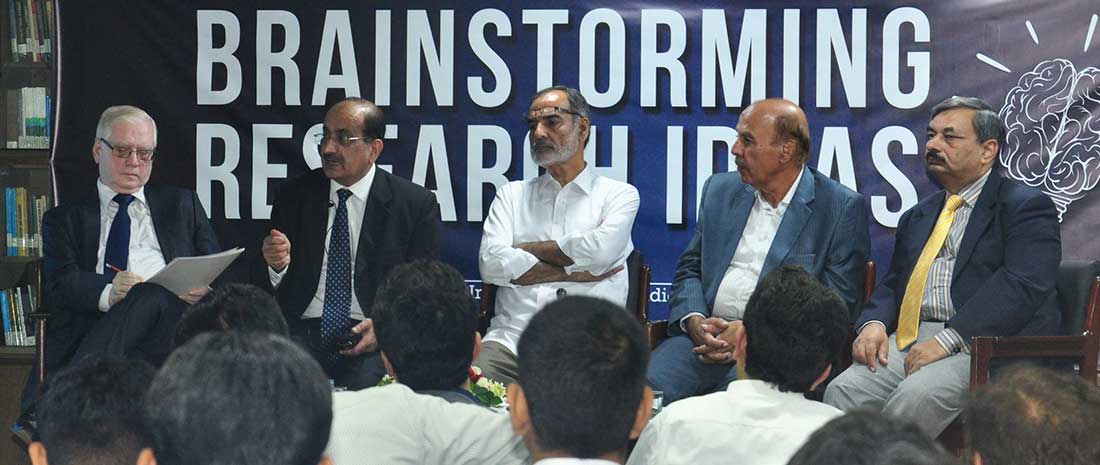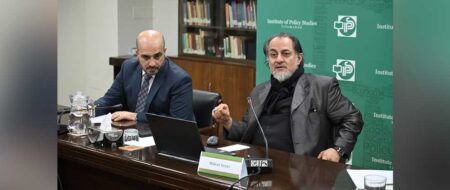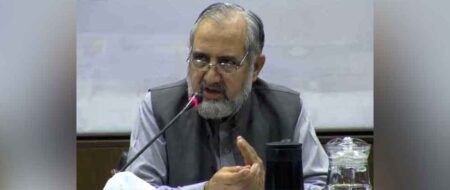Brainstorming Research Ideas (2018)
Gap between research and policy must be bridged: IPS
Highlighting the returns of a vigorous policy-making ecosystem that productively connects research institutions and government bodies, senior academicians and policy practitioners deplored the lack thereof in Pakistan, while urging emerging researchers to adopt indigenous approaches for their studies in an attempt to fuel the society’s concurrent needs.
They were speaking at the session titled ‘Brainstorming Research Ideas’, which held on October 14, 2018 as part of a series of events organized by IPS LEAD – the Learning, Excellence and Development Program of Institute of Policy Studies (IPS), Islamabad – under its initiative ‘Indigenizing Policy Research in Pakistan’, which aims at apprising and sensitizing young and emerging scholars over the need of promoting indigenous narratives and seeking native solutions to the local problems in the research being produced in Pakistan.
The session was addressed by Dr Tahir Hijazi, former Member, Governance & Policy Reforms, Planning Commission of Pakistan, DG-IPS Khalid Rahman, Dr Adnan Sarwar, head of department, International Relations, National University of Modern Languages (NUML), Islamabad, Ambassador (r) Tajammul Altaf, Air Cdr (r) Khalid Iqbal and Dr Shahzad Iqbal Sham, senior research associate at IPS.
Dr Hijazi, while making a keynote speech, talked about the importance of research institutions and think tanks in the process of policymaking. He said that despite the fact that policymaking practices in Pakistan were not well-connected with the needs on ground, the policy circles were still not benefitting from the work being done by the country’s researchers, and hence were missing out on a worthy opportunity.
Speaking of bridging the gap between academic circles and policy corridors, Dr Iqbal was of the view that the following of the footsteps of the West has confined our research students to certain issues and topics seen with a particular lens. They should rather start thinking indigenously, trying to discern local solutions to the local problems and thus making their research work more relatable and usable to the local needs.
Altaf stressed the need of making policy processes in the country people-centric, terming the approach as the most pertinent way of addressing prevalent issues. He also advised young researchers to make their studies pragmatic, goal-oriented and aligned with the local context.
Dr. Sarwar advised the students to adhere to the fundamentals of research when conducting their studies, while urging them to base their work on original documents and first-hand sources wherever possible, instead of relying on news stories and circuitously reported pieces.
Rahman finally concluded the session’s proceedings highlighting the need and significance of a researcher’s role in the modern-day settings. He exclusively stressed the importance of fueling the research being produced in Pakistan with indigenous perspective in order to make the work more relevant, applicable and useful for the society.
He also offered on behalf of IPS the mentoring and guiding aid on a continuous basis to the emerging young scholars who were pursuing their dissertations for advanced studies.
The session was attended by a number of research students and their supervisors from different universities of the twin cities.












